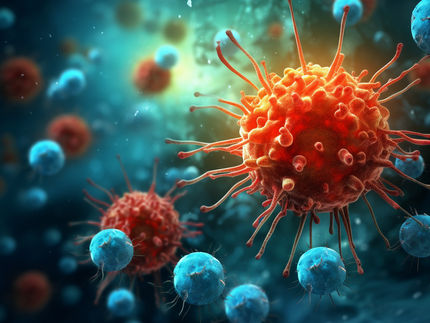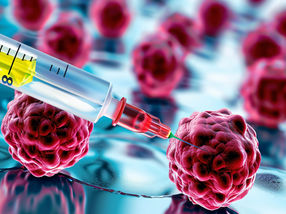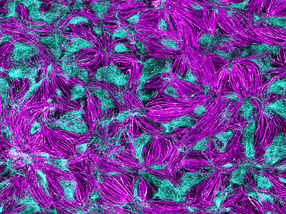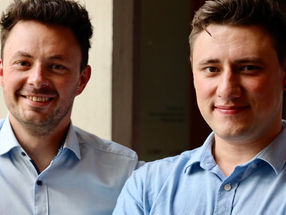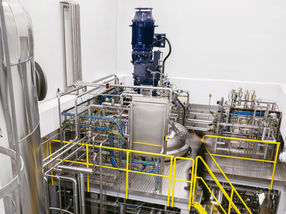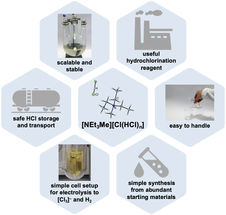Genmab's HuMax-CD4 Receives EU Orphan Drug Designation
Copenhagen, Denmark; 25 May 2004 - Genmab A/S announced that HuMax-CD4 for the treatment of Cutaneous T-cell Lymphoma (CTCL) has been designated an orphan drug by the European Agency for the Evaluation of Medicinal Products (EMEA).
The filing for this status was completed as part of an overall plan to obtain orphan drug protection for Humax-CD4 to treat CTCL. At present Genmab's primary rights for HuMax-CD4 are in North and South America, and Genmab does not hold rights to Humax-CD4 in Europe.
Under the EMEA's Regulation (EC) No. 141/2000 an orphan drug designation gives companies access to protocol assistance and guidance on preparing a dossier that will meet European regulatory requirements and thereby maximize the chance of success at the time of marketing authorization. Once approved, an orphan drug is also granted 10 years of market exclusivity during which directly competitive similar products cannot normally be placed on the market.
The EMEA grants orphan drug designation based upon several criteria: the life-threatening and debilitating nature of the condition; the medical plausibility of the proposed orphan indication; a prevalence in Europe of less than 5 cases for each 10,000 of population; no satisfactory method of diagnosis, prevention or treatment exists or if such method exists the medicinal product will be of significant benefit to those affected by that condition.
"The EMEA has granted orphan drug status to HuMax-CD4 on the basis of the available safety and efficacy data which shows the antibody may be of significant benefit to CTCL patients," said Lisa N. Drakeman, Ph.D., Chief Executive Officer of Genmab. "The orphan designation strengthens our chances of bringing HuMax-CD4 to patients who desperately need alternative methods of treatment."
About HuMax-CD4
HuMax-CD4 is a high affinity human antibody that targets the CD4 receptor on T-lymphocytes. Genmab has run two Phase II studies using HuMax-CD4 to treat CTCL, one in early stage patients and the other for patients with advanced disease, both of which achieved positive results.
Topics
Organizations
Other news from the department research and development

Get the life science industry in your inbox
From now on, don't miss a thing: Our newsletter for biotechnology, pharma and life sciences brings you up to date every Tuesday and Thursday. The latest industry news, product highlights and innovations - compact and easy to understand in your inbox. Researched by us so you don't have to.

